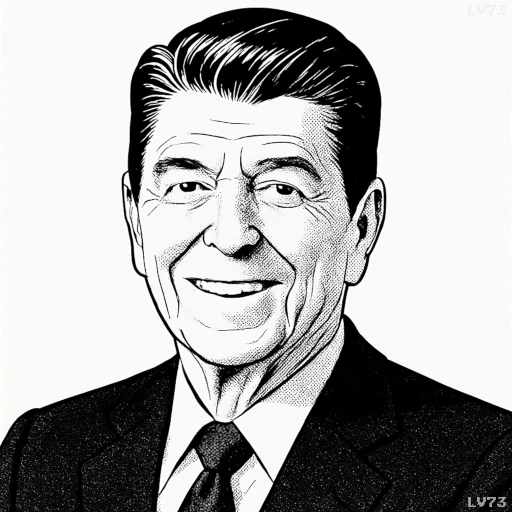“Welfare’s purpose should be to eliminate, as far as possible, the need for its own existence.”

- February 6, 1911 – June 5, 2004
- American
- The 40th President of the United States, Actor, Politician, Governor of California
table of contents
Quote
“Welfare’s purpose should be to eliminate, as far as possible, the need for its own existence.”
Explanation
In this quote, Ronald Reagan articulates a vision of welfare as a transitional support, not a permanent condition. By stating that welfare’s purpose should be to eliminate the need for its own existence, he emphasizes that the ultimate goal of public assistance is self-sufficiency—to help individuals recover from hardship and return to independence. It reflects his belief that while government can offer temporary help, lasting well-being must come from empowerment, opportunity, and personal initiative.
This philosophy was central to Reagan’s domestic policy during the 1980s. He was critical of what he saw as a welfare system that discouraged work and fostered dependency. His administration sought to reform welfare by promoting policies that rewarded employment, reduced disincentives to earning, and encouraged personal responsibility. The quote captures the heart of that agenda: that government aid should be a stepping stone, not a destination.
Today, this principle remains a key point in policy debates around welfare reform, universal basic income, and poverty reduction. While some advocate for expanded safety nets, others echo Reagan’s concern that such programs must be designed to uplift and transition recipients, not entrench them in reliance. His quote continues to resonate as a challenge to create systems that restore autonomy and dignity, aligning social support with the long-term goal of economic and personal freedom.
Would you like to share your impressions or related stories about this quote in the comments section?
